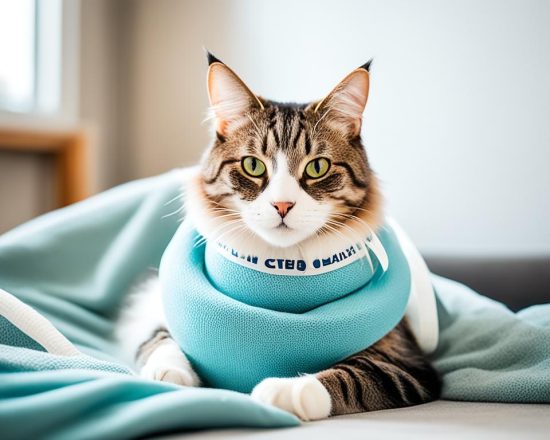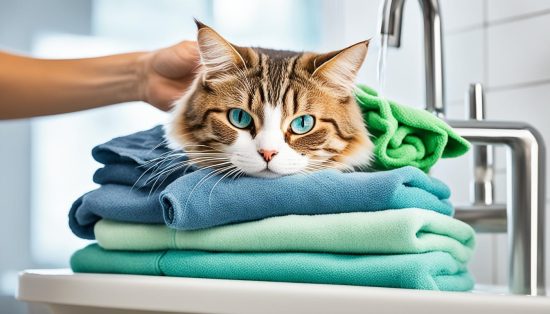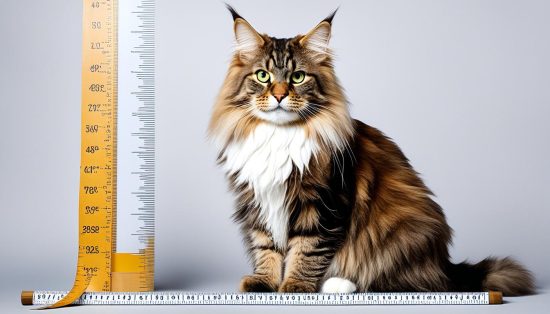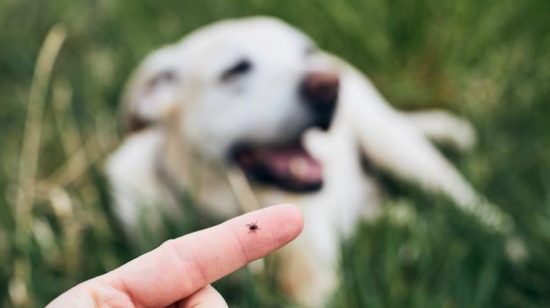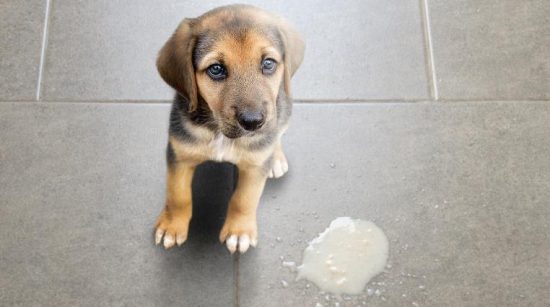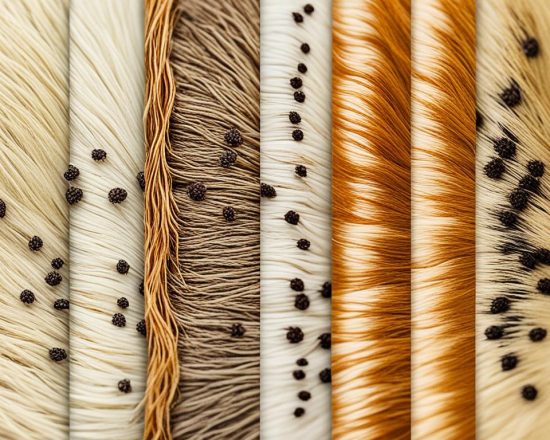Why is My Cat Drooling? Causes and Solutions
Your cat’s drooling could signal dental issues, stress, poisoning, or certain medical conditions. Identify the cause to provide appropriate care and treatment.
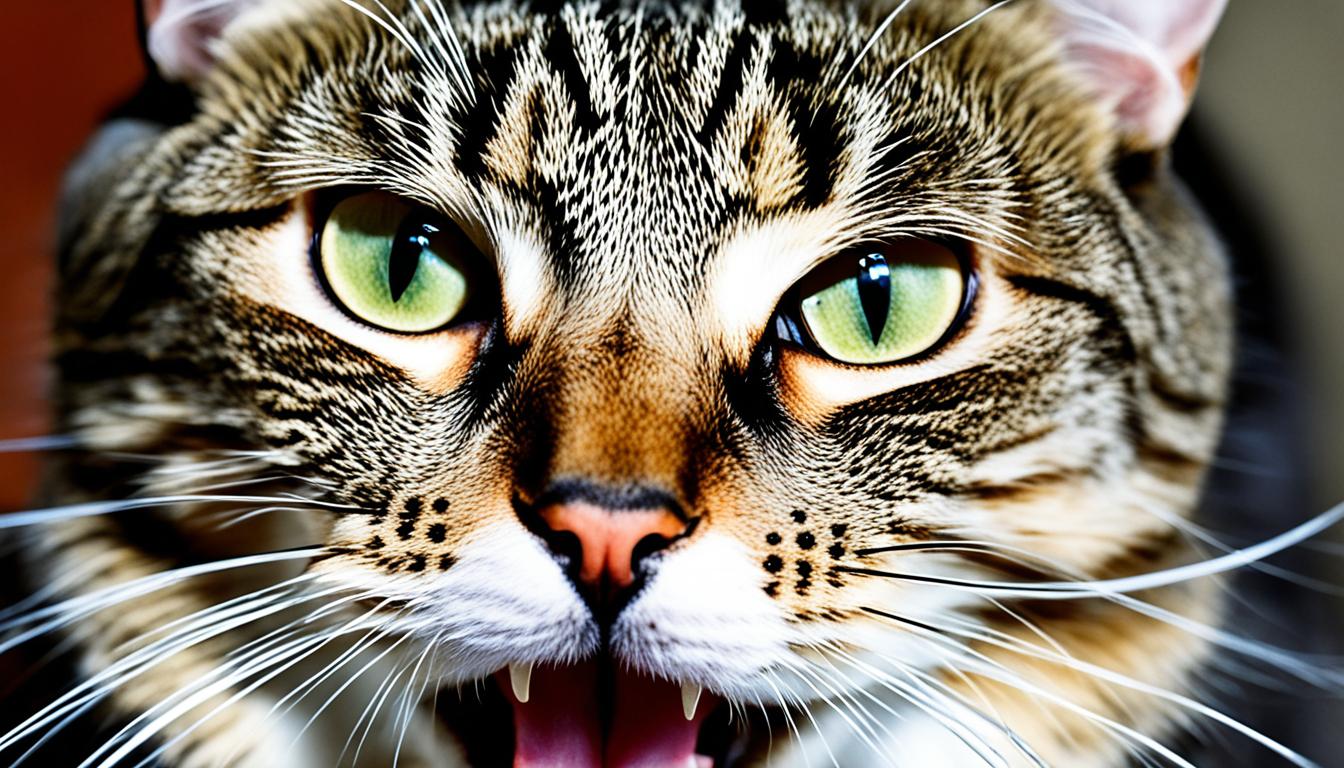
Did you know that up to 30% of cats exhibit some degree of drooling during their lifetime? While this may seem like a common and harmless behavior, your cat’s drooling could signal dental issues, stress, poisoning, or certain medical conditions. To provide appropriate care and treatment, it’s essential to identify the underlying cause.
Drooling is a common behavior in cats that can range from harmless to indicative of a serious health problem. By understanding the various reasons why cats drool, you can take the necessary steps to address the issue and ensure your feline friend’s well-being. The best course of treatment will depend on the underlying cause, which may include dental surgery, medication, or addressing an underlying health condition.
Whether your cat’s drooling is a sign of contentment or a symptom of a more serious issue, it’s important to pay attention to any changes in your pet’s behavior and consult with your veterinarian if you have any concerns. By addressing the root cause of the drooling, you can help your cat feel more comfortable and prevent any potential health issues from worsening.
Contentment and Relaxation: When Drooling is Normal
Purring and kneading are undeniable signs of contentment and relaxation in cats, and they often go hand-in-hand with drooling. When your feline friend is feeling safe, secure, and blissfully happy, their salivary glands can become stimulated, leading to a small amount of drool. This type of drooling is completely normal and not a cause for concern. In fact, some cats may drool more than others when they are in a state of pure relaxation and happiness.
Purring and Kneading Bliss
The soothing sound of your cat’s purr and the gentle, rhythmic kneading of their paws are clear indications that they are in a state of utter contentment. When your cat is engaging in these behaviors, it’s common for them to also experience a release of saliva, resulting in a bit of drooling. This is simply a natural physiological response to their feelings of comfort and well-being.
Feeling Safe and Secure
Cats are particularly vulnerable creatures, and when they feel truly safe and secure in their environment, they are more likely to let their guard down and fully relax. In these moments of serenity, your cat’s salivary glands may become stimulated, leading to the occasional drool. Providing a comfortable, stress-free environment for your cat can help minimize excessive drooling caused by this state of pure contentment and relaxation.
Stress and Fear: Drooling as a Coping Mechanism
Cats can also drool when they are experiencing stress or fear. This is a coping mechanism for dealing with anxiety-provoking situations, such as a visit to the vet, changes in their environment, or the introduction of a new family member or pet. The drooling may be accompanied by other signs of stress, like hiding, aggression, or excessive meowing.
If your cat’s drooling is caused by stress, it’s important to address the underlying issue and help your feline friend feel more secure and relaxed. Strategies such as providing a calm, familiar environment, using pheromone diffusers, and consulting with a veterinarian about anti-anxiety medications may be helpful. Understanding why your cat is drooling when stressed or anxious can help you take the necessary steps to alleviate their discomfort and promote a more positive, stress-free life.
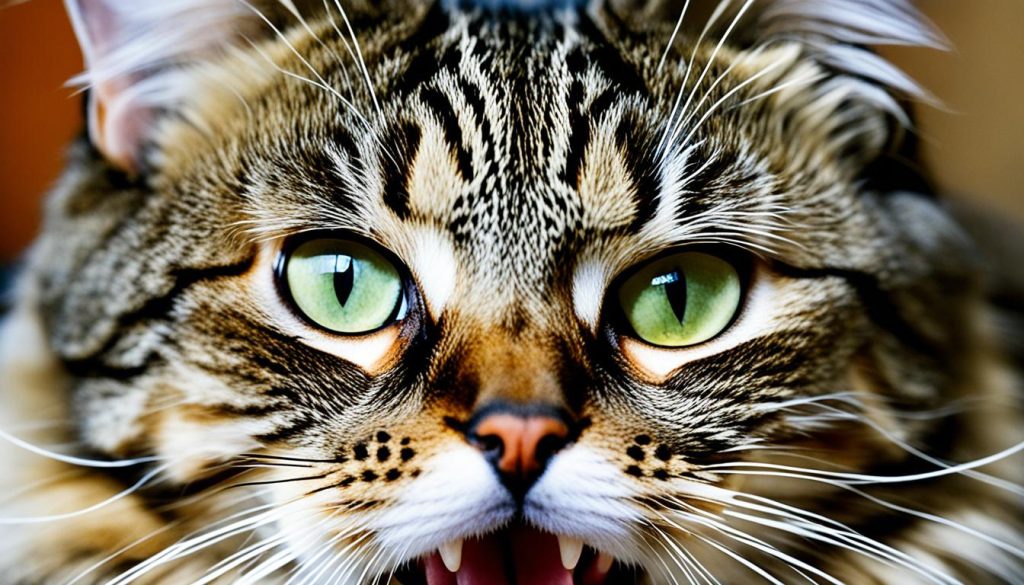
Why is my cat drooling: Oral and Dental Issues
Dental issues are a common cause of drooling in cats. If your cat has severe gum disease, abscesses, or rotten teeth, the resulting pain and discomfort can lead to excessive drooling. Even milder forms of dental disease can sometimes cause drooling. If a foreign object, such as a piece of food or a small toy, becomes stuck in your cat’s mouth, it can also trigger drooling as a response to the discomfort.
In these cases, the drooling may be accompanied by other signs of oral discomfort, like refusing to eat, pawing at the mouth, or unusual aggression. Prompt veterinary attention is necessary to remove any foreign objects and address underlying dental problems through cleaning, extractions, or other treatments.
Dental issues, such as severe gum disease or tooth decay, can also lead to excessive drooling in cats. The pain and discomfort associated with these conditions can cause your cat to drool excessively. If you notice your cat drooling due to dental problems, it’s important to take them to the veterinarian for a thorough examination and appropriate treatment, which may include dental cleaning, tooth extractions, or other procedures to address the underlying issue.
Food and Medication Reactions
Certain foods or prescribed medications can cause your cat to drool excessively. If your feline friend ingests something with an unpleasant taste or that causes mild irritation in the mouth, it can lead to drooling. This is a natural response to remove the offending substance from the mouth. While the drooling may be temporary and stop once your cat finishes eating or the medication has been fully administered, persistent drooling may warrant a discussion with your veterinarian about alternative options that are better tolerated by your cat.
Unpleasant Tastes and Irritants
Cats are known for their discerning palates, and certain foods or medications can trigger an unpleasant reaction that results in excessive drooling. This is a protective mechanism to help your cat rid their mouth of the offending substance. If you notice your cat drooling after eating or taking medication, pay close attention to any changes in their behavior or appetite. Discussing alternative options with your veterinarian can help ensure your cat’s comfort and well-being.
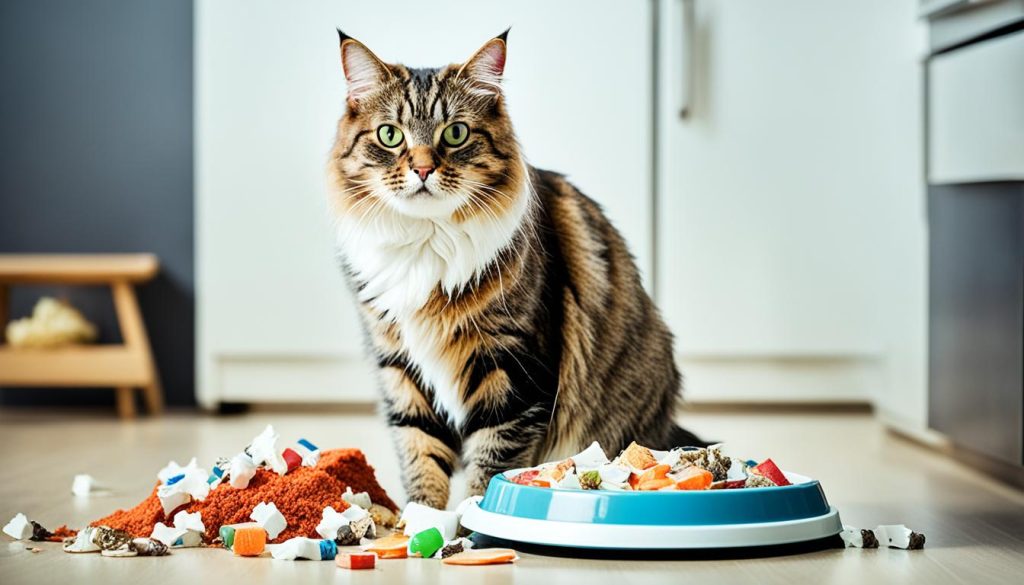
Can certain medications cause drooling in cats? Absolutely. Some prescribed medications, such as certain pain relievers or anti-anxiety drugs, may cause temporary drooling as a side effect. If your cat is drooling persistently after taking medication, it’s important to consult with your veterinarian. They can determine if an alternative treatment option would be better tolerated by your feline friend.
Nausea and Gastrointestinal Problems
Just like humans, cats can drool when they’re feeling nauseous or have an upset stomach. This can be due to something they’ve eaten or an underlying gastrointestinal issue. If your cat is drooling along with other signs of discomfort, such as not wanting to eat, vomiting, or seeming generally unwell, it’s important to consult your veterinarian.
Upset Stomach and Vomiting
Your veterinarian can help determine the cause of the nausea and drooling, and provide the appropriate treatment to help your cat feel better. This may include addressing any underlying gastrointestinal problems or dietary issues that could be triggering the nausea and drooling in your cat. By understanding the reason behind your cat’s drooling due to nausea or vomiting, you can take the necessary steps to get your feline friend back to optimal health.
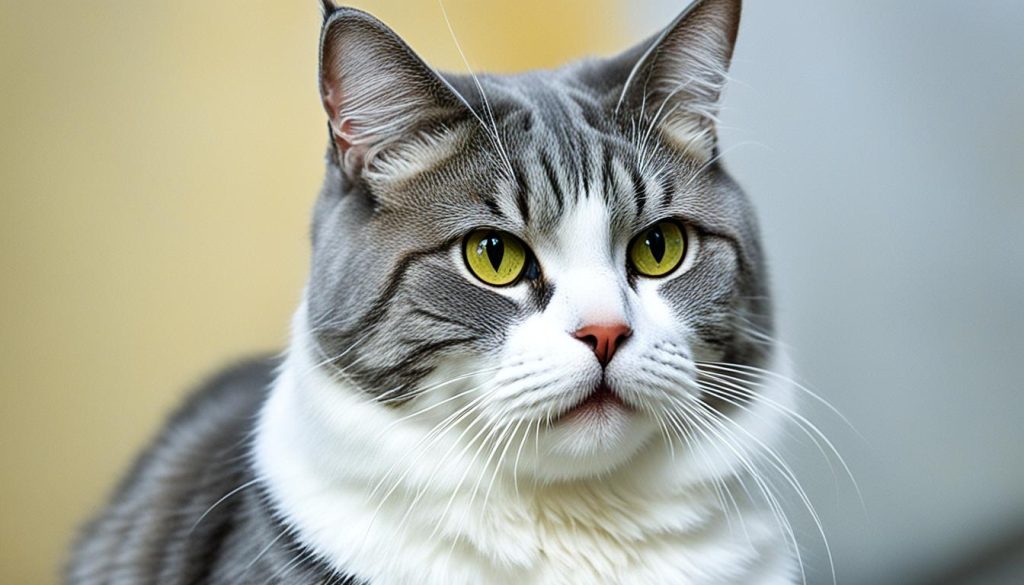
Toxin Exposure and Heatstroke
Exposure to toxic substances, such as household cleaners, certain plants, or human medications, can cause severe, sudden drooling in cats. This is a clear sign that the toxin has been ingested and is causing harm. Similarly, heatstroke can also trigger drooling as the cat’s body attempts to cool down. If you suspect your cat has been exposed to a toxin or is experiencing heatstroke, it’s crucial to seek emergency veterinary attention immediately. Prompt treatment is essential to prevent serious harm or even death.
Signs of toxin exposure or heatstroke may include excessive drooling, vomiting, diarrhea, lethargy, or behavioral changes. Do not wait to take action if you notice these symptoms in your cat. Quickly contact your veterinarian or an animal emergency clinic to get your feline friend the care they need. Providing immediate treatment can make a significant difference in the outcome and help ensure your cat’s well-being.
Addressing the underlying cause of your cat’s drooling, whether it’s toxin exposure or heatstroke, is crucial. Your veterinarian will be able to properly diagnose the issue and develop a tailored treatment plan to address the problem and alleviate your cat’s discomfort. By acting swiftly and seeking professional medical assistance, you can help protect your cat’s health and well-being.
FAQs on why is my cat drooling
Should I be worried if my cat is drooling?
Your cat’s drooling could signal dental issues, stress, poisoning, or certain medical conditions. To provide appropriate care and treatment, it’s essential to identify the underlying cause.
Why is there saliva dripping from my cat’s mouth?
Drooling is a common behavior in cats that can range from harmless to indicative of a serious health problem. The best course of treatment will depend on the underlying cause, which may include dental surgery, medication, or addressing an underlying health condition.
Do cats drool when happy?
Purring and kneading are signs of contentment and relaxation in cats, and they often go hand-in-hand with drooling. When cats are feeling safe, secure, and blissful, their salivary glands can become stimulated, leading to a small amount of drool.
How do you fix a drooling cat?
The best way to fix a drooling cat is to address the underlying cause, which may include dental issues, stress, or a medical condition. Strategies such as providing a calm, familiar environment, using pheromone diffusers, and consulting with a veterinarian about anti-anxiety medications or dental treatments may be helpful.
Do cats drool when scared or anxious?
Cats can also drool when they are experiencing stress or fear. This is a coping mechanism for dealing with anxiety-provoking situations, such as a visit to the vet, changes in their environment, or the introduction of a new family member or pet.
What to do if my cat has a foreign object in its mouth?
If a foreign object, such as a piece of rotten cat food or a small toy, becomes stuck in your cat’s mouth, it can also trigger drooling as a response to the discomfort. Prompt veterinary attention is necessary to remove any foreign objects and address underlying dental problems.
What to do if my cat is drooling due to poison?
Exposure to toxic substances, such as household cleaners, certain plants, or human medications, can cause severe, sudden drooling in cats. If you suspect your cat has been exposed to a toxin, it’s crucial to seek emergency veterinary attention immediately.
Can heatstroke cause drooling in cats?
Yes, heatstroke can also trigger drooling as the cat’s body attempts to cool down. If you suspect your cat is experiencing heatstroke, it’s important to seek emergency veterinary care.

